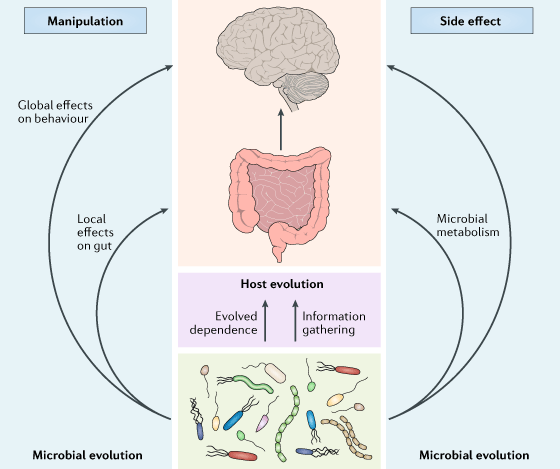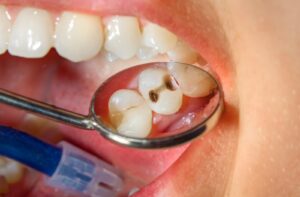Introduction
Did you know that your gut is often called your “second brain”? With over 100 trillion bacteria living in your digestive system, your gut microbiome plays a crucial role in immunity, mood, digestion, and even skin health. An unhealthy gut can lead to bloating, fatigue, weight fluctuations, and chronic diseases.
In this blog, we’ll explore:
✔ What gut health really means
✔ Signs of an unhealthy gut
✔ Foods that heal vs. foods that harm
✔ Simple habits for a happier digestive system
What Is Gut Health?
Your gut microbiome is a complex ecosystem of bacteria, fungi, and viruses living in your intestines. A healthy balance of these microbes helps:
- Digest food and absorb nutrients
- Strengthen immunity (70% of your immune system is in your gut!)
- Produce serotonin (the “happy hormone”)
- Reduce inflammation linked to chronic diseases
When bad bacteria outnumber the good, it leads to dysbiosis, which can trigger digestive issues, autoimmune conditions, and mental health problems.
Signs of an Unhealthy Gut
How do you know if your gut needs attention? Watch for these red flags:
🔴 Frequent bloating, gas, or constipation
🔴 Food intolerances (sudden reactions to foods you used to tolerate)
🔴 Unexplained weight changes (gut bacteria affect metabolism)
🔴 Skin issues (acne, eczema, or rosacea flare-ups)
🔴 Constant fatigue (linked to poor nutrient absorption)
🔴 Mood swings or anxiety (gut-brain connection)
Foods That Heal vs. Foods That Harm
✅ Eat More: Gut-Healing Foods
- Probiotics (live good bacteria)
- Yogurt, kefir, sauerkraut, kimchi, miso
- Prebiotics (food for good bacteria)
- Garlic, onions, bananas, asparagus, oats
- Fiber-Rich Foods
- Beans, lentils, chia seeds, whole grains
- Anti-Inflammatory Fats
- Avocados, olive oil, fatty fish (salmon)
❌ Avoid or Limit: Gut-Damaging Foods
- Processed sugars (feed harmful bacteria)
- Artificial sweeteners (linked to bloating and glucose intolerance)
- Fried foods (increase inflammation)
- Excessive alcohol (disrupts microbiome balance)
5 Simple Habits for a Healthier Gut
1. Chew Your Food Slowly
Digestion starts in your mouth! Chewing thoroughly reduces bloating and helps nutrient absorption.
2. Stay Hydrated
Water keeps digestion smooth and prevents constipation. Aim for 2-3L daily (herbal teas count!).
3. Manage Stress
Chronic stress harms gut bacteria. Try:
- Deep breathing exercises
- Daily walks in nature
- Adequate sleep (7-9 hours)
4. Exercise Regularly
Movement stimulates digestion and boosts microbiome diversity. Even a 30-minute walk helps!
5. Consider a Probiotic Supplement
If you’ve taken antibiotics or struggle with digestion, a high-quality probiotic can restore balance.
When to See a Doctor
Consult a gastroenterologist if you experience:
⚠ Severe diarrhea or constipation lasting weeks
⚠ Blood in stool
⚠ Unexplained weight loss
⚠ Chronic acid reflux or pain
Final Thoughts
Your gut health impacts everything—from your energy levels to your mood. By eating gut-friendly foods, reducing stress, and listening to your body, you can build a stronger microbiome and feel your best.





